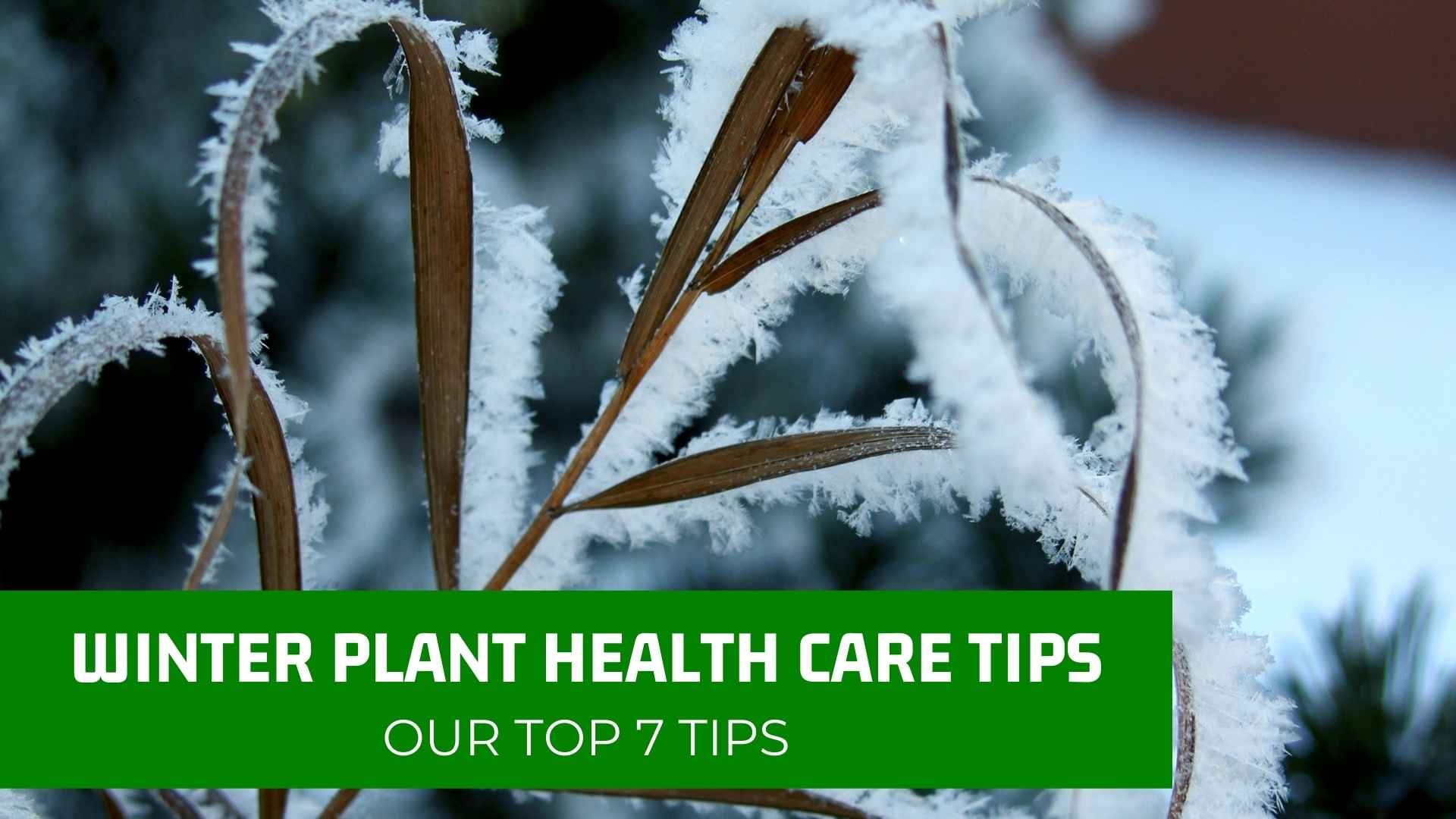Winter Garden Maintenance Tips for Cold Weather: A Comprehensive Guide

As the days grow shorter and the air turns crisp, it's time to prepare your garden for the cold weather ahead. Winter garden maintenance isn't just about survival; it's about setting the stage for a vibrant spring. Imagine your garden as a sleeping beauty, waiting to be awakened by the warm kiss of spring sunshine. But first, you must ensure it's tucked in safely for the winter. Let's dive into the essential winter garden maintenance tips to help your garden thrive through the cold season.
Preparing Your Garden for Winter: The Basics
Clean Up: The Garden Equivalent of a Good Night's Sleep
Just as a good night's sleep sets you up for a productive day, a thorough clean-up prepares your garden for a productive spring. Remove dead leaves, weeds, and debris from your garden beds. This not only makes your garden look neat and tidy but also helps prevent pests and diseases from overwintering.
Prune with Caution: A Haircut for Your Plants
Pruning is like giving your plants a haircut, encouraging healthy growth. However, not all plants should be pruned in winter. While it's ideal for deciduous trees and shrubs, pruning spring-blooming plants now could remove next year's flowers. Research your plants' specific needs or consult with a local nursery before you start snipping.
Winter Plant Care: Nurturing Your Green Friends
Mulch: The Winter Blanket

Think of mulch as a cozy blanket for your plants. It insulates the soil, protecting plant roots from freeze-thaw cycles. Organic mulches, like wood chips or straw, also break down over time, enriching your soil. Apply a 2-3 inch layer around the base of your plants, but avoid piling it against plant stems to prevent rot.
Water Wisely: Hydration is Key
Even in winter, plants need water. In fact, dry winter air can cause desiccation, a common type of winter injury. Water your plants deeply before the ground freezes, especially evergreens and new plantings. But be sure to do so on a mild day, as watering when it's too cold can cause more harm than good.
Frost Damage Prevention: Safeguarding Your Garden
Cover Up: Frost Cloths to the Rescue
Frost cloths are like jackets for your plants, providing a few degrees of protection. Drape them over your plants on cold nights, securing the edges with bricks or stones. Remember to remove them during the day to allow sunlight in.
Avoid Late-Season Fertilization: Don't Wake the Bear
Fertilizing stimulates new growth, which is delicate and susceptible to frost damage. So, avoid fertilizing your plants late in the season. Let them go dormant naturally, like a bear hibernating for the winter.
Cold Weather Gardening: Activities for the Chilly Months
Plan Ahead: Dreaming of Spring
Winter is the perfect time to plan next year's garden. Browse seed catalogs, sketch out your garden design, and order your seeds early to ensure you get the varieties you want. It's like planning a dream vacation, but for your garden.
Start Seeds Indoors: A Head Start on Spring
Many vegetables and flowers can be started indoors 6-8 weeks before the last frost date. This gives your plants a head start and extends your growing season. All you need is a sunny window, some seeds, and a bit of patience.
Seasonal Garden Maintenance: Tasks for Each Season
Fall: The Pre-Winter Hustle
Fall is a critical time for winter garden maintenance. It's when you'll do most of your clean-up, pruning, and mulching. Don't forget to plant your spring-blooming bulbs before the ground freezes!
Winter: The Quiet Season
Winter is a time of rest and reflection in the garden. But there are still tasks to be done, like checking for frost damage, watering on mild days, and keeping your garden clear of heavy snow.
Spring: The Big Reveal
As the snow melts and the temperatures rise, your garden will begin to awaken. Remove any remaining mulch, prune away winter damage, and start your spring planting.
Winterizing Gardens: Regional Considerations
Gardens in different regions face different winter challenges. For example, gardens in the North may face heavy snow and deep freezes, while gardens in the South may deal with milder temperatures but more frequent freeze-thaw cycles. Tailor your winter garden maintenance to your specific climate for the best results.
For more detailed regional advice, check out the USDA Plant Hardiness Zone Map and the Farmer's Almanac's Regional Gardening Calendar.
Conclusion: Embrace the Cold, Reap the Rewards
Winter garden maintenance isn't just about keeping your plants alive; it's about setting them up to thrive. With a bit of care and forethought, you can ensure your garden emerges from winter ready to burst into life. So, embrace the cold, roll up your sleeves, and get started. Your garden will thank you come spring.
Happy gardening! We'd love to hear your winter garden maintenance tips and stories. Share them in the comments below.
FAQs
Q: Should I deadhead my plants in winter? A: It depends on the plant. Some plants, like coneflowers, provide valuable food and habitat for wildlife in winter. Others, like roses, benefit from winter deadheading to prevent disease. Research your specific plants to determine the best course of action.
Q: Can I still plant in winter? A: Yes, as long as the ground isn't frozen. Winter is an excellent time to plant trees and shrubs, as they have a chance to establish their roots before the heat of summer.
Q: How do I protect my potted plants in winter? A: Potted plants are more susceptible to cold damage because their roots are less insulated. Move them to a sheltered location, such as a garage or shed, and wrap the pots in burlap or bubble wrap.
Q: Should I stop mowing my lawn in winter? A: Yes, grass goes dormant in winter, so there's no need to mow. However, it's a good idea to give your lawn a final cut before the first frost, setting your mower to a lower setting to prevent snow mold.
Q: How do I care for my garden tools in winter? A: Clean your tools thoroughly to remove any dirt or debris, then dry them to prevent rust. Store them in a dry, protected place, like a garage or shed. You can also sharpen and oil your tools to keep them in top condition.

With these winter garden maintenance tips, you're well on your way to a beautiful, healthy garden next spring. So, get out there and give your garden the care it deserves. After all, a garden is an investment, and like any investment, it needs tending to yield the best returns.
0 Response to "Winter Garden Maintenance Tips for Cold Weather: A Comprehensive Guide"
Post a Comment